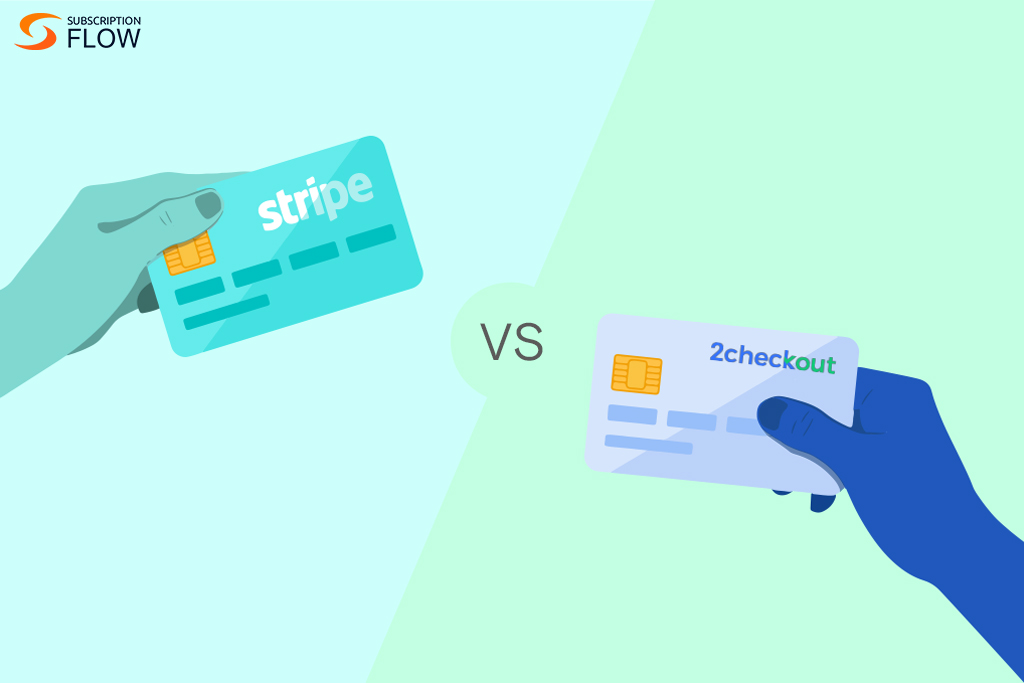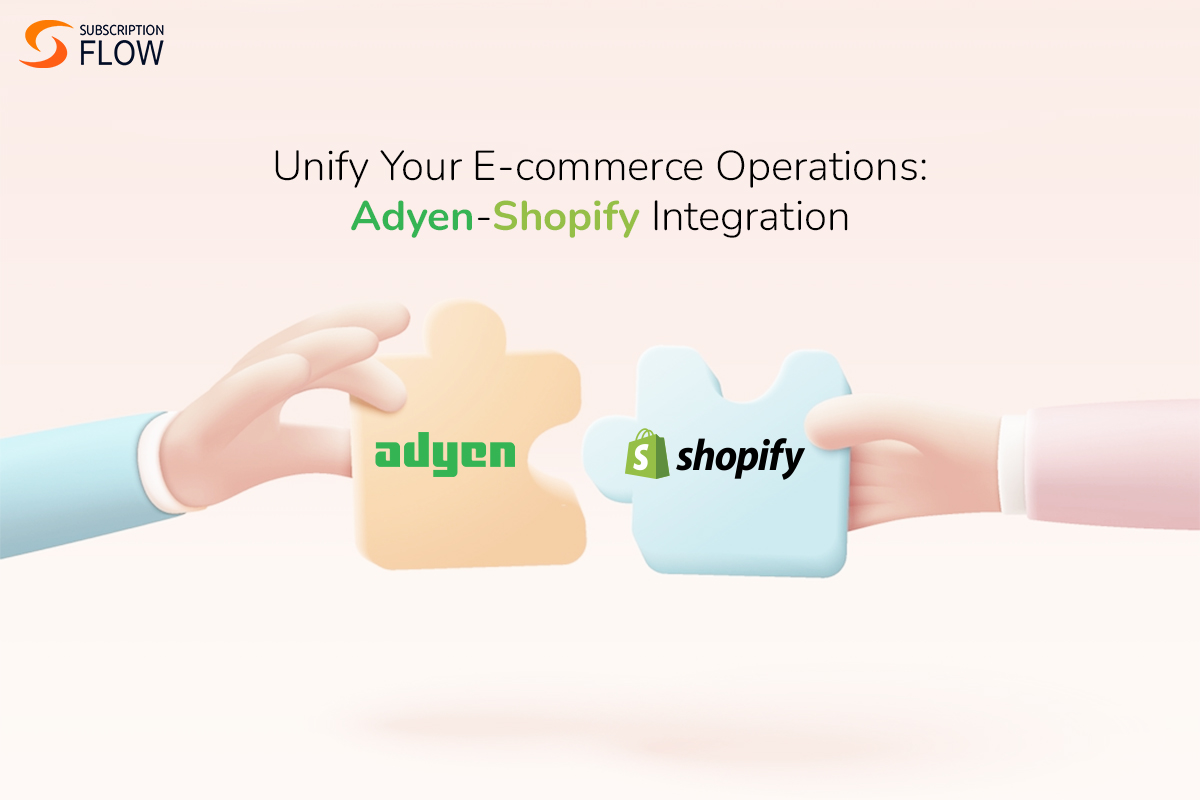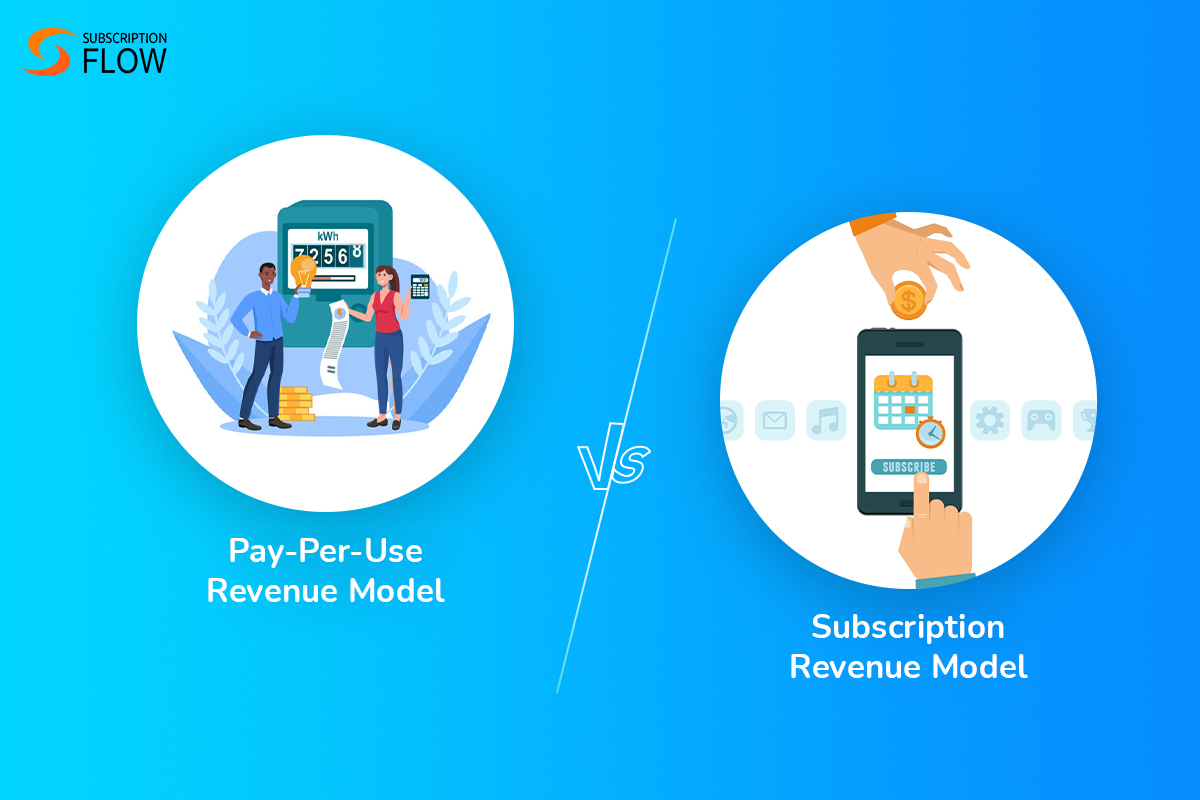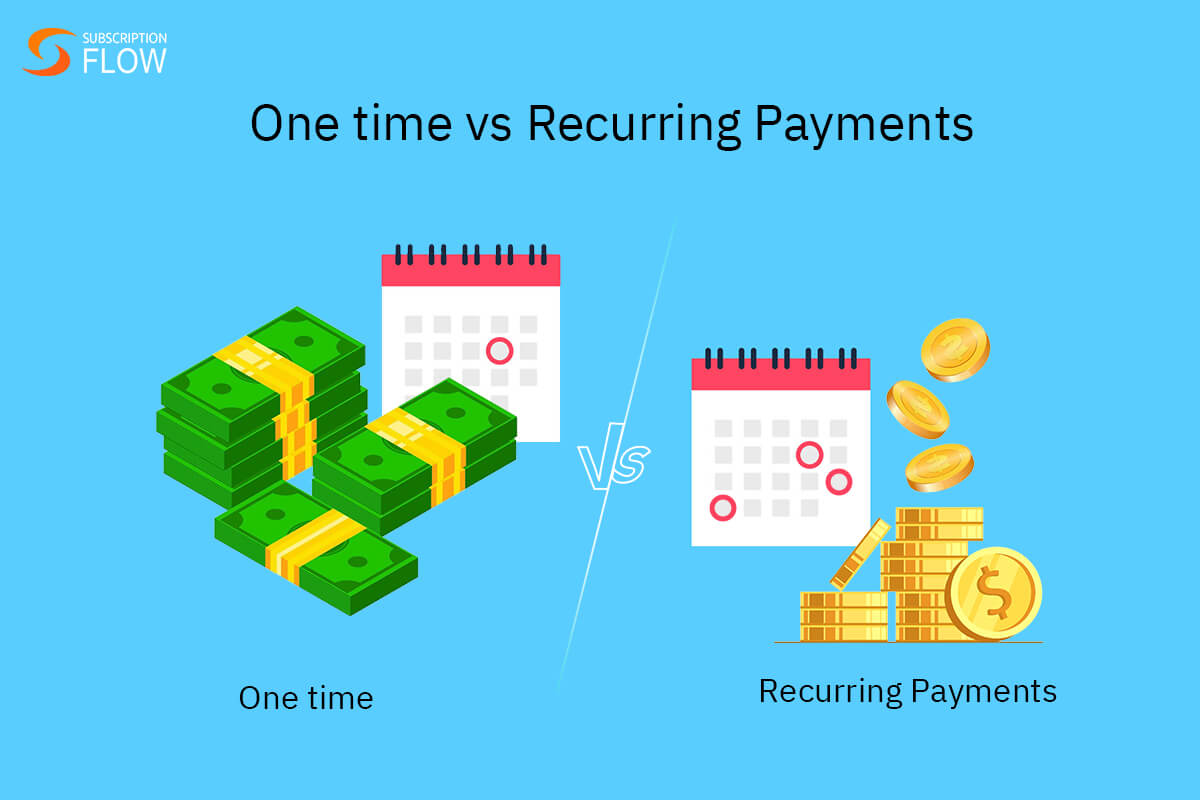
Payment Wars 1.3: Stripe vs 2Checkout
When it comes to payment gateways and processors, the market is saturated with several options. With each brand offering a list of features that appeal to businesses, SMEs are forced to compare as per requirements.
The two names that are going to be under comparison in this post are Stripe and 2Checkout.
Both popular names in the market, these well-established payment processors have managed to monopolize online transactions.
Of course, right off the bat, the popularity of Stripe beats 2Checkout by a landslide. However, that doesn’t mean that Stripe is the best option for every business or industry.
Read More: Payment Wars 1.2: Stripe vs Adyen
If you’re in the market for a payment gateway, you’d best looked at the comparison between Stripe vs. 2Checkout below:
What is Stripe?
Stripe is one of the most popular payment processing system on the internet. Having learned from their competitors from early on, Stripe managed to overtake the market with its ease of use.
The payment processor works in 47 countries, supporting 135+ currencies from around the world.
Providing easy integration capabilities with simple APIs that can be used with new platforms every day, Stripe dominated the market.
Even now, it is working with over 3 million websites, accepting payments and processing transactions from around the world.
Taking a look at the salient features of Stripe, we can surmise it’s good for SMEs and particularly for cryptocurrencies.
Compared with 2Checkout, Stripe offers merchants the capability of processing these along with an open source plugin.
This gives different businesses from XaaS to SaaS the ability to integrate the payment gateway into almost anything.
Other than the seamless interface that has gained the trust of billions of people around the globe, Stripe offers Invoices.
This feature allows merchants to use well-designed quotations for one-time as well as recurring customers.
You can schedule invoices and automate recurring billing processes by allowing customers the option for subscriptions in Stripe’s checkout page.
The embeddable checkout is not only fast, reliable and easy to integrate but it’s also customizable to a certain extent.
Together with a custom UI toolkit and other features such as Clean Canvas, dispute handling, and Authorizations, Stripe makes for a complete enterprise tool.
Stripe also generates its fair share of financial and analytical reports for higherups to have an overview of transaction histories.
In fact, to maintain hierarchical accessibility restrictions, Stripe also offers merchants to set up roles and permissions to limit access.
Of course, all this comes with the promise of PCI compliant payment processing that’s done over a comfortable mobile customer interface.
Stripe Pricing:
Stripe has offered merchants the Integrated pricing option that is used most commonly.
This package charges vendors 2.9% + 30 cents for every successful transaction. You won’t be charged on a monthly or yearly basis and all you’ll accrue is the transaction charge.
Stripe also offers recurring billing services that can be further automated and customized with subscription management software like SubscriptionFlow.
However, if you go for a customized plan that is reserved for businesses that wish to discuss possibilities of processing larger amounts in transactions, the rates can differ.
As per their website, Stripe encourages companies with substantial volumes to contact and take advantage of their:
- Volume discounts
- Interchange pricing
- Country-Specific rates
- Multi-Product discounts
Stripe Features:
- Embeddable Checkout
- Regulatory Licenses Worldwide
- Data Security and Encryption
- Local Payment Methods
- Subsidiary Support
- Simplified PCI Compliance
- Custom UI Toolkit
- Payment Options
- Invoices
- Clean Canvas
- Authorization
- Dispute Handling
- Financial Reporting
- Consolidated Reports
- Deposit Tagging
- Like-for-like Settlement
- Direct Integration to Card Networks
- Client Libraries and SDKs
- Mobile Customer Interface
- Unified Payout
- Payout Timing
- Multicurrency Payouts
- Accounting Integrations
- Roles and Permissions
Read More: Payment Wars 1.0: Stripe vs PayPal
What is 2Checkout?
Designed to stand out in the market, 2Checkout or 2CO is a monetization platform that allows merchants to process transactions both locally and internationally.
Featuring its own range of extensive capabilities and an easy-to-use interface, 2CO has established a rapport with merchants globally.
The company started out with its ‘Verification Phone’ project that dominated the market as a merchant’s tool to prevent check-frauds.
With a vision to keep providing merchants a seamless business experience with protected and secure payment processing, 2CO quickly became more than just a POS payment processor.
Having been integrated in 14,000+ online businesses around the world, the list of features offered by the payment processor are different and well-reputed.
In contrast with other competitors, 2CO offers an incredible list of features that include:
Global Payments
Digital Commerce
Subscription Billing
Analytics and Reporting
Global Tax & Financial Services
Risk Management & Compliance
Merchant and Shopper Services
Partner Sales
2CO recently named itself a Verifone company, now having 4 global offices and operating in over 180 countries.
From its inception in 2006, the company now has a portfolio of over 20,000+ active clients.
Here’s the pricing info for 2CO packages for businesses:
2Checkout Pricing
2Checkout offers customers 3 packages to choose from based on their transaction amounts and features required:
- 2Sell
- 2Subscribe
- 2Monetize
2Sell:
The simplest package for merchants of small-medium sizes, this package allows businesses to instantly start accepting payments from 200 countries/territories.
Businesses will be charged a total of 3.5% + 35 cents for every successful sale. Though a little costlier than its competitors, 2CO compensates the higher price with its scalability.
Moreover, even with their lowest-priced package, merchants can get access to recurring billing features. This alone has prompted thousands of eCommerce vendors to switch to 2CO.
In addition to this, the approval process for being able to integrate 2CO is much faster and streamlined than others. 2Sell also allows you the option to integrate your payment gateway with over 120 carts.
2Subscribe:
The most popular package by 2CO, the 2Subscribe is specifically tailored to meet the needs of subscription-based businesses.
It allows merchants seamless recurring billing processing with support for several different pricing strategies and billing models as per convenience.
2Checkout promises to reduce churn and improve conversion with its reputation and seamless interface.
With other processors, businesses don’t get the flexibility and features required to manage complete subscription lifecycles.
Whereas, 2CO offers companies to charge recurring bills while adjusting with upgrades, renewals, churns and other changes.
Throughout all the payment processes, 2CO makes sure to generate credible and deep insights and analytics for businesses as well.
2Monetize:
The best package for merchants who wish to process Digital Goods globally, 2Monetize offers it all.
With features of 2Subscribe as well as 2Sell combined, 2Monetize also offers global tax and regulatory compliance.
In addition to this, merchants get smart invoice management that allows them to customize and design invoices for various products/packages.
Charging businesses a fee of 6% + 60 cents for every successful sale, 2Monetize supports 45+ payment methods to encourage conversions.
Moreover, going for this package will also grant you privilege to call for support for whenever and however you wish to customize shopping carts.
Stripe vs 2Checkout
Pricing
When it comes to pricing, the obvious winner is Stripe for merchants with no specific needs.
Whereas, businesses that want recurring billing processes that are optimized and support multiple billing models would prefer 2CO.
Read More: Payment Wars 1.1: Stripe vs Authorize.net
Chargebacks
When it comes to chargebacks, experienced merchants prefer policies that are likely to be in their favor. For example, Stripe charges businesses a fee of $15 for every dispute received.
On the other hand, 2CO has a policy of charging merchants on the basis of their chargeback ratios.
If a merchant’s transaction-to-chargeback ratio is less than 1%, the chargeback fee will be $15.
If the ratio is 1-2%, the chargeback fee becomes $20. For anything above than that, the fee will be $45.
Payment Methods
2CO processes payments from credit/debit cards, online wallets, PayPal, and even regional payment methods. The payouts from 2CO are also available in almost 130 currencies, available over wire transfer, PayPal, Payoneer, ACH and several others.
Read More: The Future Of Credit With ‘Buy Now, Pay Later’ Payment Method
Stripe, on the other hand, only processes payments from the following:
- Visa
- Mastercard
- American Express
- JCB
- Maestro
- Discover
- Diners Club
Availability
Although Stripe is clearly more popular, it doesn’t win the comparison based on the availability in the number of regions.
2Checkout is available in 200+ countries and offers 130+ currencies. Whereas, Stripe is available in only 47 countries and supports almost the same number of currencies.
Conclusion: 2Checkout vs Stripe
The battle of the payment gateways rages on and it’s still a matter of organizational preferences and business decisions.
It’s clear that there are no clear winners keeping in view the different aspects that each processor excels in.
Of course, both Stripe and 2Checkout are good options but what’s best for you will depend on your business goals.
Where you’re hoping to operate, the features you need, your target audience, etc., everything should factor into your choice.
Read More: Authorize.Net vs Amazon Pay: Payment Gateway Comparison for SaaS Businesses










